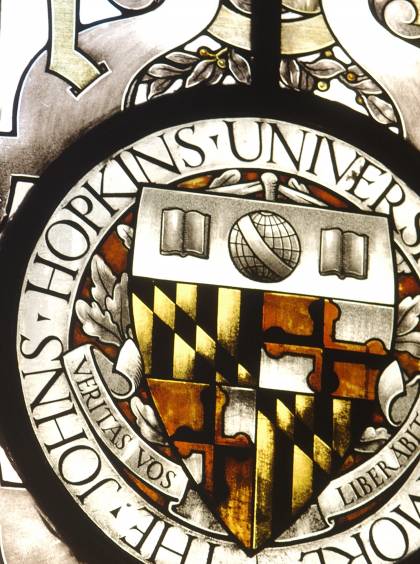
Release of New Title IX Regulations - April 19, 2024
On Friday, April 19, 2024, the Department of Education released the long-awaited final Title IX regulations, which will become effective on August 1, 2024. The regulations and their Preamble comprise more than 1500 pages, thus OIE and other University offices are conducting a careful review to assess the impact on our existing policies and practices. As we gain a greater understanding of the requirements and discretionary components of this new law, we will be seeking community insight and feedback on potential changes to the University’s Sexual Misconduct Policy and Procedures and any other impacted policies. The unpublished version of the new regulations is available online here. If you would like to share any insights or feedback with OIE, please e-mail TitleIXCoordinator@jhu.edu.
Learn More
Visit the Sexual Misconduct website to learn more about the University's Sexual Misconduct Policy and Procedures.
Visit the Discrimination and Harassment website to learn more about the University's Discrimination and Harassment Policy and Procedures.
Visit the ADA Compliance and Disability Accommodations website for more information about how to request disability accommodations.
Click here to read the University's Equal Opportunity Statement.
Click here for the University’s Title IX and Equal Opportunity Notice for Students, Faculty and Staff.
Learn More


